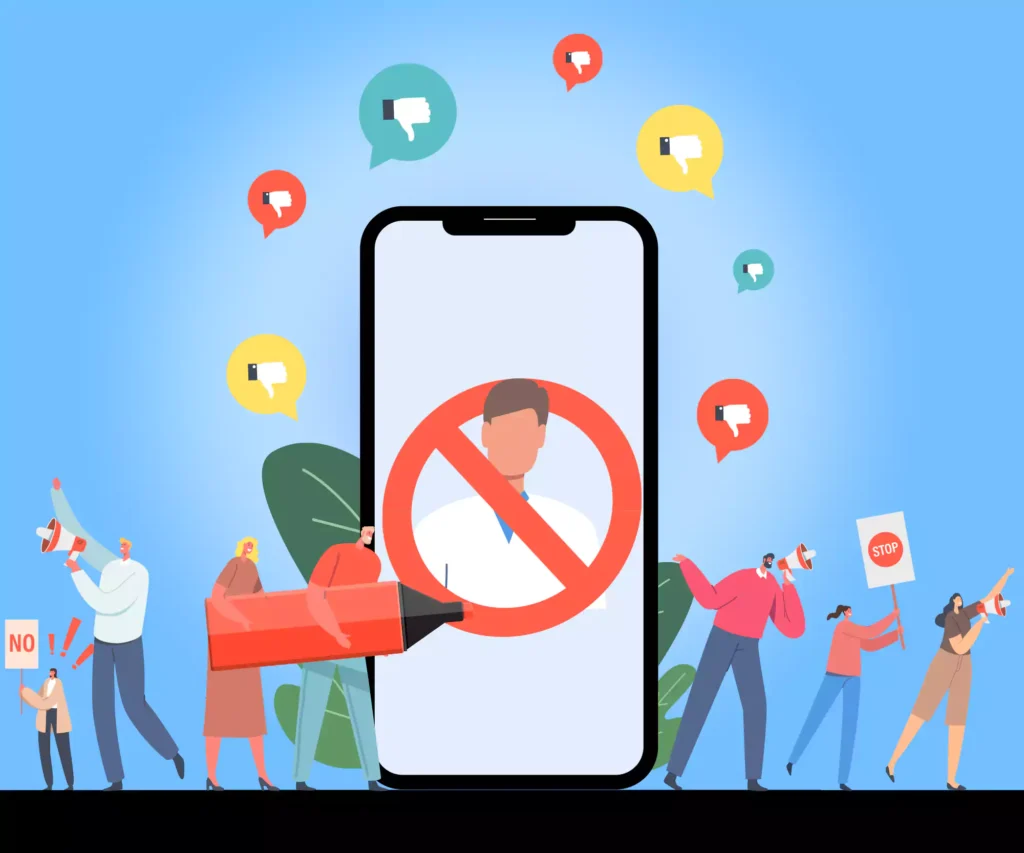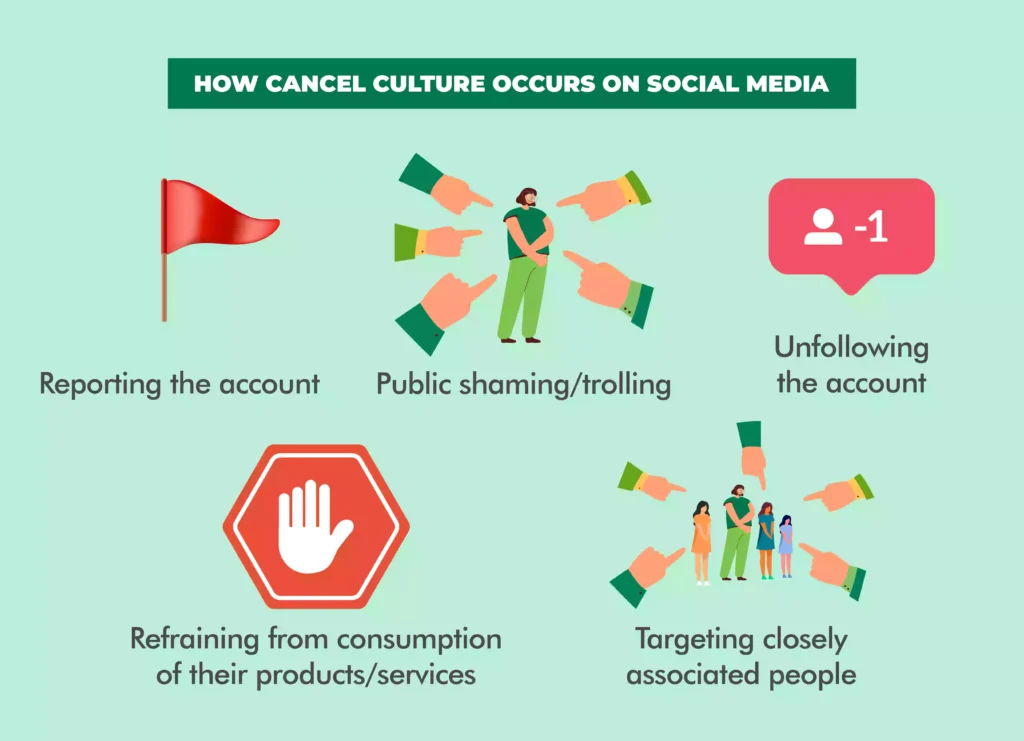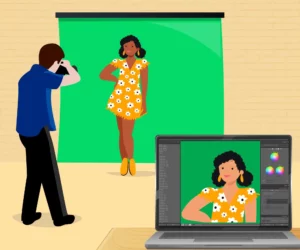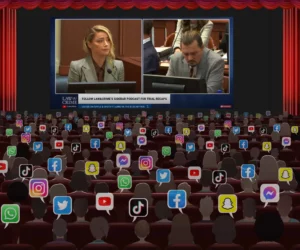
Cancel culture is a bold phenomenon that has risen over the past decade. But what is it? Mob mentality? Or a mechanism for social justice? Courtroom of public opinion? Or unfair, unjust and destructive? Is it the refuge of the marginalised and the disempowered? Or is it a tool for misuse, abuse, and personal vendettas? Cancel culture embodies the reality of social media, like a few other things.
Origin of cancel culture
Cancel culture has a most unexpected origin. Renowned American music artist Nile Rodgers wrote the song ‘Your love is Cancelled’ for a partner who spurned him. The 1991 film ‘New Jack City’ later portrayed a somewhat misogynistic version of this song. Indeed, there is no escaping the irony. The term now used to register one’s opposition to all kinds of oppression, including sexism, was paradoxically used as a sexist, verbal onslaught against a woman.
So, is cancel culture a natural evolution of public shaming and calling out? Naysayers of cancel culture have dismissed it as a woke-ness contest among those trying to capitalise on social media. It also faces criticism as a dangerous subculture that can stifle free speech and expression. Some others see it as an extension of extreme PC (political correctness) culture, which hinders healthy dialogue between opposing ideologies.
Is it social justice?
When unpacking this phenomenon and its implications, it is essential to remember that social media is not always reflective of real life. Social media platforms come across as omnipresent cultural commodities that reconfigure human existence. However, only 4.62 billion people worldwide use these platforms, leaving nearly 42% of the total human population outside their realm.
Within this unrealistic representation, public figures—often the rich and famous—live in a world optimised for them. Even concerning accountability, it is hardly a secret that the powerful often get away with clean chits or, at the most, a slap on the wrist for even serious offences. The world is unequal, and this inequality has become more potent over the past few decades. So to some, cancel culture has levelled the playing field. According to Anne Charity Hudley (chair of Linguistics of African America for the University of California, Santa Barbara), cancel culture is a way to hold a mirror up to celebrities. These celebrities rise to fame with the help of their fans and are therefore accountable to them. Just the possibility of cancelling such problematic celebrities, essentially ‘boycotting’ them, assures the not-so-privileged that a form of social media justice exists after all.

Cancel culture—a double-edged sword
It is a different discussion altogether whether cancel culture serves true justice in every situation. The Twitterati cancelled renowned author J.K.Rowling of the Harry Potter fame for her transphobic comments. This incident led to outrage and polarisation. It also opened up an avenue for more dialogue and discussion about trans and LGBTQI rights in general. However, at the same time, it generated a lot of sympathy for J.K.Rowling. Diehard fans came out in throngs to support her, and when she published a new series, she got phenomenal responses and sales. Rowling’s was a classic case of cancel culture backfiring and helping further what it sought to avenge.
Alternately, this cultural phenomenon has negatively impacted the careers of some famous personalities. For instance, the cancellation of comedians Aziz Ansari and Louis CK (because of sexual misconduct and sexual assault) caused their careers to take a hit. However, both have since managed to salvage it, with offers of Netflix specials and comeback tours. So, even though cancel culture directs justified anger towards those who function with notorious unaccountability, it eventually fizzles and sometimes ends up working in favour of the aggressors.
Ethicality of cancel culture
The prevalence of cancel culture brings up endless ethical debates. Because of its arbitrary nature, it often fails to bring issues to a closed resolution. Whatever ‘verdict’ is issued to a cancelled individual/group may end up counterintuitive. Some may find it disproportionate to the offence, and others may see it as encouraging vigilantism. It also remains unclear how long the ‘sentencing’ should be observed. As such, this cultural moment we find ourselves in raises more questions than answers and does not do enough to effect authentic, positive changes.
Thanks to social media, humankind has found a novel way to communicate, opening up more avenues to connect with people than ever before. Should cancel culture be allowed to persist or should it be reviewed? We think the jury is still out.



